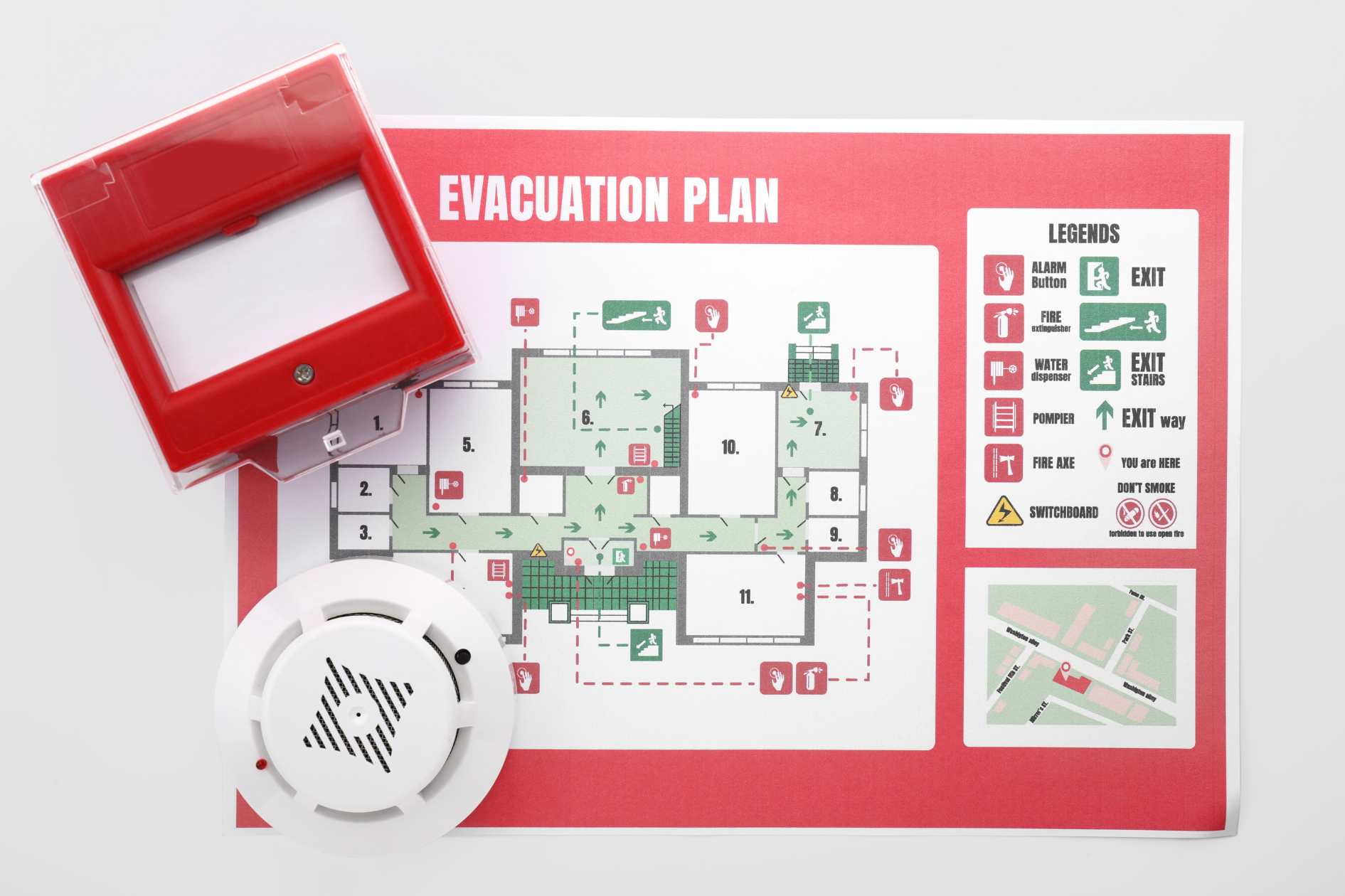There is a strange element at play when trying to apply for a Human Resources (HR) position, and when you’re deciding which skills to develop as part of your human resource online training. You ‘re sitting on one side of the desk as a candidate, but — in many cases — if you land the job, you might just jump right over that desk to the hiring seat.
Pursuing a career in HR is not for the faint-hearted. Being responsible for recruiting and firing actions, getting the right online HR certification, maintaining a watchful eye on the health of workers and managing the most confidential details of the business is not for all of us. You feel like you’re up to the challenge, but you want to know exactly what’s expected of you. Such preparation is especially relevant considering how well your future interviewers may know what the job involves — you’ve got to know what you’re doing.
This article is all about the qualities and skills employers are currently looking for in HR candidates that you can keep in mind the next time you are doing your human resource online training, or when you’re deciding for which online HR certification you should enroll.
As you evaluate your expertise in each of the HR skills mentioned below, think about how you’d portray them in an interview and on your CV, and bear them in mind the next time you do your human resource online training. This can enable you to frame every skill in a way that impresses hiring managers.
1. Employee relations
One skill to bear in mind when doing your Human Resources professional certification, is to develop your abilities to deal with employee relations. Successful companies thrive on secure employee-employer interactions and the professionals who encourage those relationships. Being able to recognize and effectively resolve issues as they develop helps create a more pleasant working environment for employees and employers alike.
This is a relatively broad area in the field of HR — everything from labor disputes to employee benefits package management can be linked to it. Essentially, it’s about your ability to handle conflict and be a spokesperson for both your employer and its employees.
2. Onboarding
Staff turnover is costly, and a good on-boarding process can help to reduce it. on-boarding describes a process that enables new hires to adapt quickly and efficiently to the social and performance aspects of their new position. Businesses are looking to hire HR professionals who can introduce fresh recruits to increase the likelihood that they will settle comfortably and effectively in their new jobs for the long term.

3. Performance management
According to the U.S. Office of Personnel Management (OPM), performance management is described as how an organization involves its workers in enhancing productivity against the achievement of the organizational goals. The OPM identifies the performance management duties that fall under this framework, such as setting employee expectations, reviewing progress, designing performance capacity and rating performance. This expertise relies heavily on good listening and leadership skills – some very valuable skills that a Human Resources professional certification will help you to develop effectively.
“If you’re pursuing a career in HR, then you should have great listening skills, empathy and emotional intelligence,” Sophie Lhoutellier, HR manager at Badger Maps, mentioned. “I wish more HR applicants would show great listening skills as well as pro-activity. People tend to forget that they’re here to listen to the employees and their needs, and to do everything they can to make the company a better place to work at.”
4. Teamwork and coordination
Because HR professionals are committed to finding and developing the best possible working environment, it is essential for organizations to find collaborative team members who believe in their mission with a Human Resources professional certification. One might think that the ability to work in teams would be a given in a field like HR, but this skill is on-demand to the point of being in the top-five job posting skills.
This may reflect the perspective of HR professionals who look at the company’s overarching mission and goals, rather than just the guidelines and activities that make up their day-to-day jobs.
5. Scheduling and time management
Employers want HR representatives with planning skills because many positions require juggling and scheduling appointments on a team or business calendar. It’s crucial to be able to set up a plan of action that helps everybody to achieve their goals.
Indicate this skill in your resume by showing past projects in which you’ve been involved that required a time- or project management focused role. If you have experience preparing a multi-step project and you systematically arranged and allocated resources to accomplish each task along the way, even if it was something of a personal nature, such as a reception, a school assignment, or even a trip overseas, all of these examples will serve as significant indications of your planning and time management skills.
Last Note
Would you like to learn some of these skills to get your HR resumé ready for your next interview?
We invite you to enrol for any of the great Human Resource Online Training courses and online HR certifications in the Coggno library. Click here to learn more about them.








